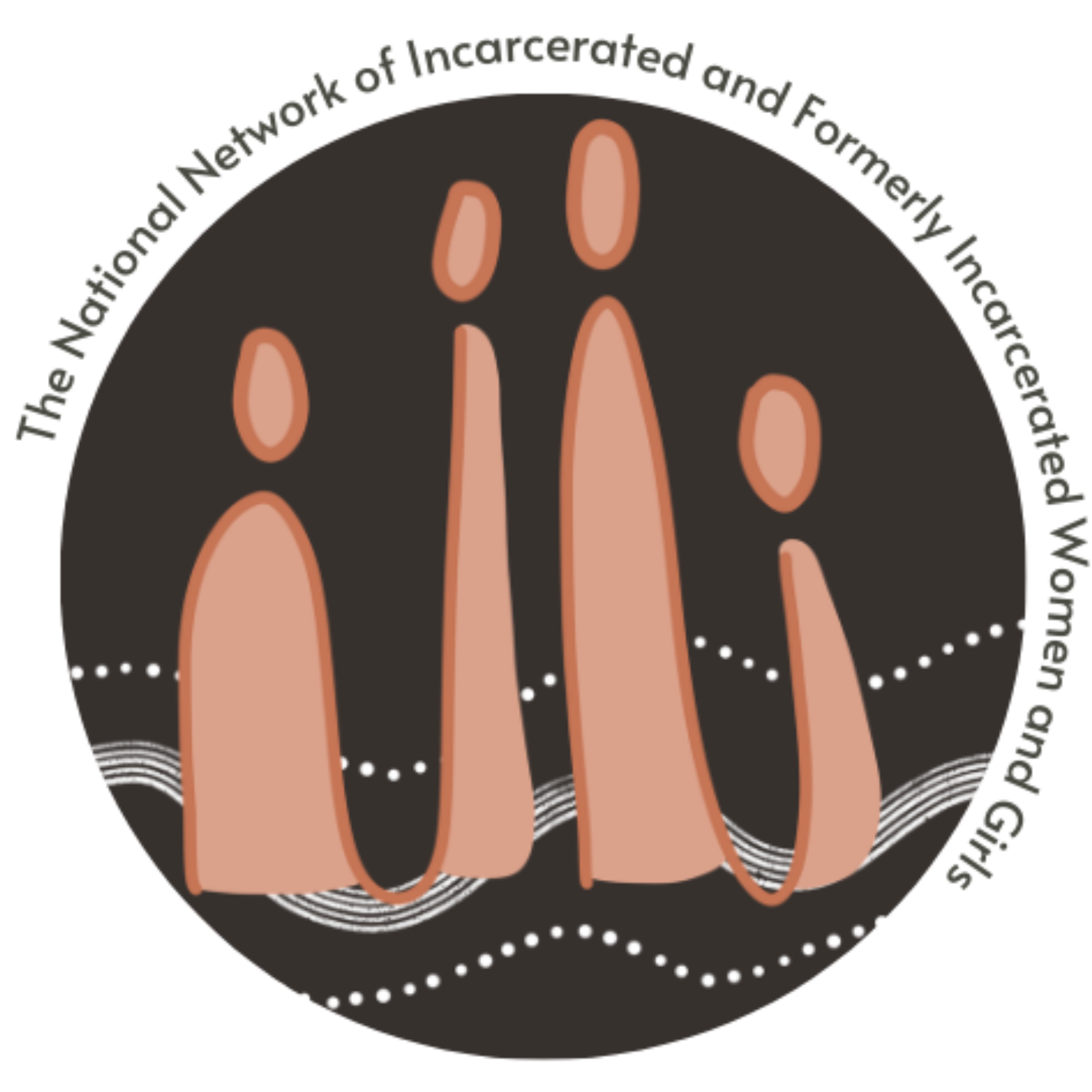The National Network of Incarcerated and Formerly Incarcerated Women and Girls urges governments and service providers to include our voices and our community’s needs in policy decisions, funding allocation and service development when considering solutions to address family and domestic violence.
Following marches, vigils, national cabinet meetings and federal government announcements, it’s pretty fair to say that Australia is talking about this nation’s gendered violence crisis. However, the National Network argues that criminalised women are being left out of the conversations, policy platforms and support services – leaving us vulnerable to
state violence and stuck in unsafe relationships.
‘We are told that in Australia, one woman is killed every week by a current or former partner. One in three women and one in five men have experienced at least one incident of violence from a current or former partner since the age of 15; and we are told that the Government want to help us leave these abusive relationships. They want to help us seek safety,’ said Tabitha Lean. To this end, the state and territory governments are announcing new measures, as well the federal government’s escaping violence fund, ‘but when our members seek help to leave their abusive relationships they are further victimised by the state,’ said Tabitha Lean.
‘This week one of our National Network members, a formerly incarcerated Aboriginal woman. who is attempting to leave a violent marriage, in which coercive control, strangulation, emotional and physical violence was present, sought the support of the Queensland Police Service,’ said Tabitha Lean. ‘The police are a service the state, and domestic violence services are telling DV victims we can trust, however as soon as the cops found out our
member had a criminal record, they immediately started treating her like the perpetrator and dismissed her request for a protection order. When our member stated that her record had absolutely nothing to do with this family violence matter, they shamelessly stated that it had everything to do with it,’ said Tabitha Lean. ‘How dare the Queensland police make our member feel this uncomfortable when she has been so brave to leave a violent relationship, and how dare they deny her support to seek safety simply because she has a criminal record. This is unacceptable. The next time you find yourself asking why a woman didn’t “just leave her abuser”, remember this story,’ said Tabitha Lean.
Sadly, this is not a unique experience and is exactly why most National Network members will not seek the assistance of the police, and also why many criminalised women remain in violent relationships. There simply is no specific support services available to us. ‘The police do not protect and serve everyone,’ said Debbie Kilroy. ‘The criminalised community has very specific and nuanced needs when it comes to family and domestic violence. To leave us out of the conversation, the policy development, funding allocation and service development, is to further disadvantage one of the most vulnerable communities,’ said Debbie Kilroy.
Recent events have underscored the prevalence of family and domestic violence nationwide. Numerous lives have been lost or irreparably impacted by such violence, necessitating urgent, immediate and decisive measures to tackle violence in our communities. However, we cannot forget that criminalised communities are often subjected to violence in their homes, as well as from the state, the very agencies that are supposed to protect and serve them.
We condemn the Queensland Police Service for their recent treatment of our member and implore the Queensland government and all state and territory governments to engage with our organisation to discuss the specific needs of our community, so that service development, funding allocation and policy preparation will not invisabalise and worse, further harm us.
About Us:
The National Network of Incarcerated and Formerly Incarcerated Women and Girls represents women, girls, feminine identifying and non-binary people who are currently in prison, who have been to prison, those who are currently living within the confines of the criminal injustice system and those who have exited the system.
Our Network in Australia was founded in 2020 by Debbie Kilroy of Sisters Inside and
remains an abolitionist organisation committed to ending the incarceration of women and girls. Collectively we argue that prison will never be a safe place for women or girls, and in fact they are places that entrench poverty, increase trauma and cause further social and economic harm. Prisons, in our opinion, do not result in an increase in public or community safety.
COLLECTIVE STATEMENT ON BEHALF OF THE NATIONAL NETWORK OF INCARCERATED & FORMERLY INCARCERATED WOMEN & GIRLS BY
DEBBIE KILROY TABITHA LEAN
0419 762 474 0499 780 226
For further comment, please contact either National Network members, Debbie Kilroy or Tabitha Lean

